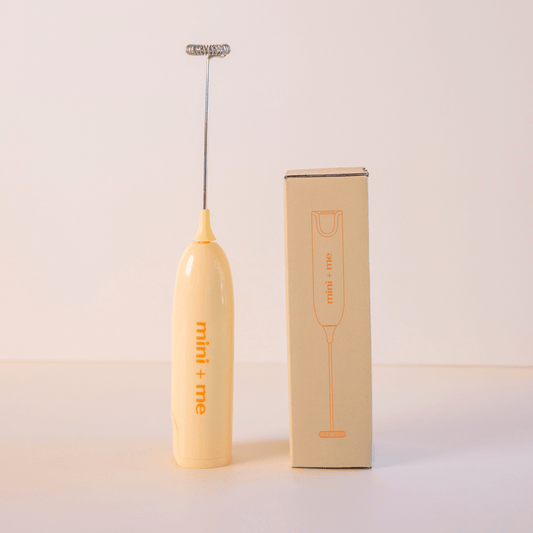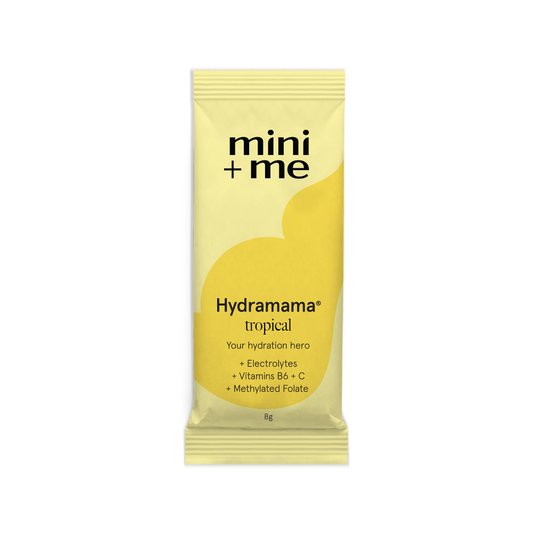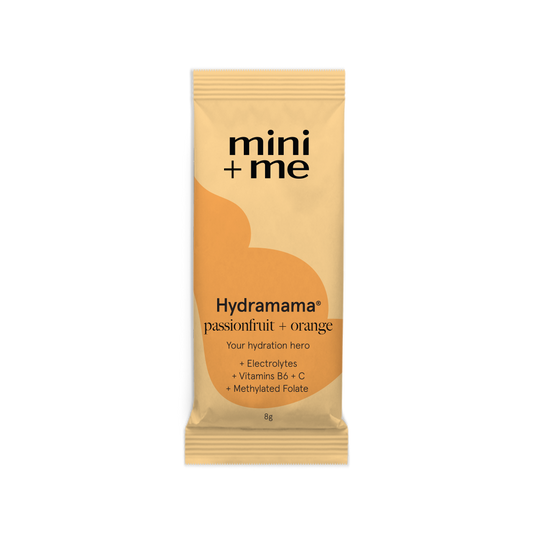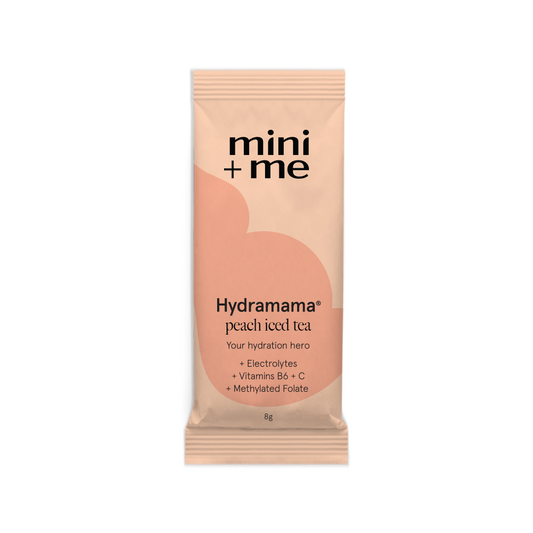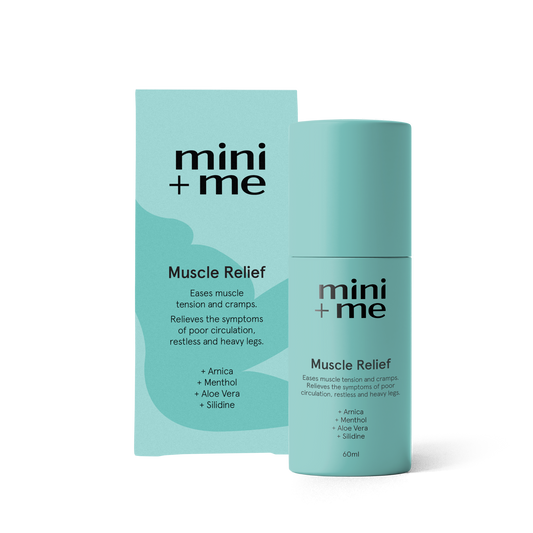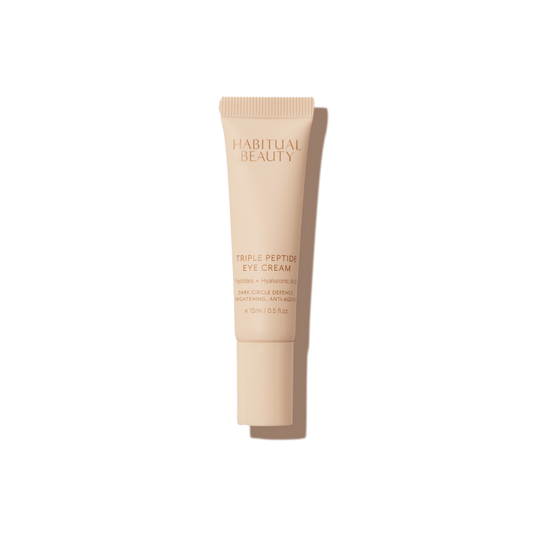Aching Legs Keeping You Up at Night? You’re Not Alone
If you’re pregnant and waking up with sharp, painful cramps in your legs, you’re certainly not the only one. Leg cramps are a common complaint, especially as pregnancy progresses into the second and third trimesters. They often strike at night, disrupting your much-needed rest. While frustrating, the good news is that some remedies can help ease the pain, and there’s research to guide us.
What Are Leg Cramps in Pregnancy?
Leg cramps are sudden, involuntary muscle spasms, typically affecting the calf muscles. They can last just seconds but leave lingering soreness. Most common during the later stages of pregnancy, these cramps can be intense and recurring.
Why Do They Happen?
The exact cause isn’t fully understood, but several factors may contribute:
• Increased pressure from your growing uterus
• Changes in blood circulation
• Fatigue from carrying extra pregnancy weight
• Altered levels of minerals like magnesium or calcium
What Does the Research Say?
A 2002 Cochrane Review (Young, G., “Interventions for leg cramps in pregnancy”) analysed five randomised trials involving 352 women to determine what really helps. Here’s what was found:
Magnesium: The Clear Winner
• Effectiveness: Strong evidence of benefit
• Details: Magnesium lactate or citrate supplements significantly reduced the frequency and severity of leg cramps.
• Recommended Dose: 5 mmol in the morning and 10 mmol in the evening
• Safety: Considered safe at these doses, but always check with your healthcare provider.
Calcium: No Proven Benefit
• Effectiveness: None
• Details: The single placebo-controlled trial showed calcium supplements did not reduce leg cramps.
Sodium (Salt): Slight Benefit but Not Worth the Risk
• Effectiveness: Small reduction in cramps
• Details: While some improvement was seen, increased dietary sodium today means supplements could pose a risk.
• Safety: May raise blood pressure – a concern in pregnancy.
Multivitamin and Mineral Supplements: Unclear Effect
• Effectiveness: Possible benefit
• Details: Some improvement noted, but it’s unclear which ingredient made the difference.
What Should You Try? Practical, Pregnancy-Safe Options
Here’s what the evidence suggests for managing pregnancy-related leg cramps:
• Try Magnesium Supplements (after discussing with your healthcare provider). Magnesium lactate or citrate in split doses may help reduce cramps safely.
• Stretch Before Bed. Gentle calf stretches before sleep may reduce night-time cramps.
• Stay Hydrated. Dehydration can make cramps worse. Drink plenty of water and add Hydramama electrolytes to support hydration, magnesium levels and muscle function -formulated specifically for pregnancy.
• Move Regularly. Long periods of sitting or standing can trigger cramps. Gentle activity helps with circulation.
• Use a Topical Muscle Roll On. Mini + Me's Muscle Relief Roll On offers instant, targeted relief with menthol, arnica and circulation-boosting actives. Ideal for restless legs and cramps in pregnancy and postpartum.
What to Avoid
• Skip Calcium and Sodium Supplements unless recommended by your doctor.
• Be cautious with multivitamins. Choose pregnancy-safe options and chat with your provider about what’s in them.
Final Thoughts: You’re Not Alone
While leg cramps in pregnancy are uncomfortable, they’re usually harmless. The most promising solution supported by research is magnesium supplementation, which has shown real benefit with a good safety profile.
As always, it’s best to discuss any supplements with your care provider before starting. A quick conversation can help ensure you’re choosing a safe, effective option that works for you.
Cart is Empty
Your Cart is Empty
- Choosing a selection results in a full page refresh.
- Opens in a new window.





